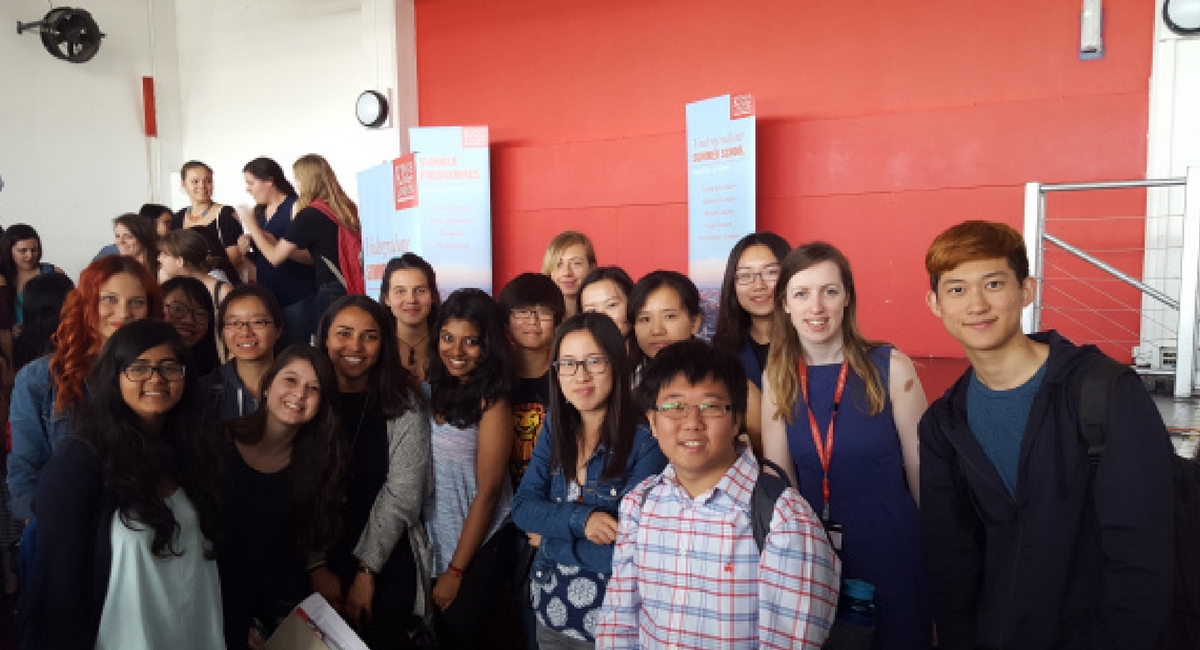
Dr Jamie Barras, Informatics Teaching Fellow at King’s College London
“I’m a big believer in learning by doing”
I’m a big believer in learning by doing. That’s why I’ve joined the team who are bringing Project-based learning (PBL) to the 2017 King’s Summer School with the module Engineering: Creating Technologies that Help People. In PBL, students, generally working in small groups, are presented with a problem to solve or task to complete and allowed to work out for themselves the best way to go about doing that – including what knowledge they will need to acquire in order to succeed. The instructor acts primarily as an advisor and support, stepping in to guide the student(s) only if they lose their way.
PBL has many attractions; it allows students to take ownership of their learning experience, encourages a broad-based approach to acquiring skills both technical and non-technical and fosters a co-operative outlook to making progress, attributes that are particularly relevant to engineering as a discipline. The benefits are often contrasted with the characteristics of lecture-based learning, as in the table below, taken from a 1996 paper1.
Activities have a strong practical basis and are often “lab-based”, while teaching is primarily through the medium of the “round-table” tutorials organised and led by the students themselves with the help/presence of faculty advisors/mentors. Projects proceed through a number of steps, the most-common expression of which is the so-called “Maastricht Seven Steps” of PBL2:
- Clarify and agree working definitions, unclear terms and concepts
- Define the problem and agree which phenomena require explanation
- Analyse the problems (brainstorm)
- Arrange explanations into a tentative solution
- Generate and prioritise learning objectives
- Research the objectives through private study
- Report back, synthesize explanations and apply new information to the original problems
Research on the impact that PBL has on student’s education is on-going, but completed studies point to students who follow a PBL-centred curriculum retain knowledge longer and gain a deeper understanding of a subject than those who learn only through information transfer; they also develop better problem-solving and collaborative skills. We’re hoping that’s what the students who take our summer school module will discover too.
In my next blog post I’ll discuss some of the challenges with PBL – and the solutions we’ve come up with.
References
- Lutz and Schachterle “Projects in Undergraduate Engineering Education in America” European Journal of Engineering Education (1996) 21, 207 – 214.
- Taken from “An Introduction to Project-Based Learning”, Maggi Savenn-Boden, Coventry University Publications







